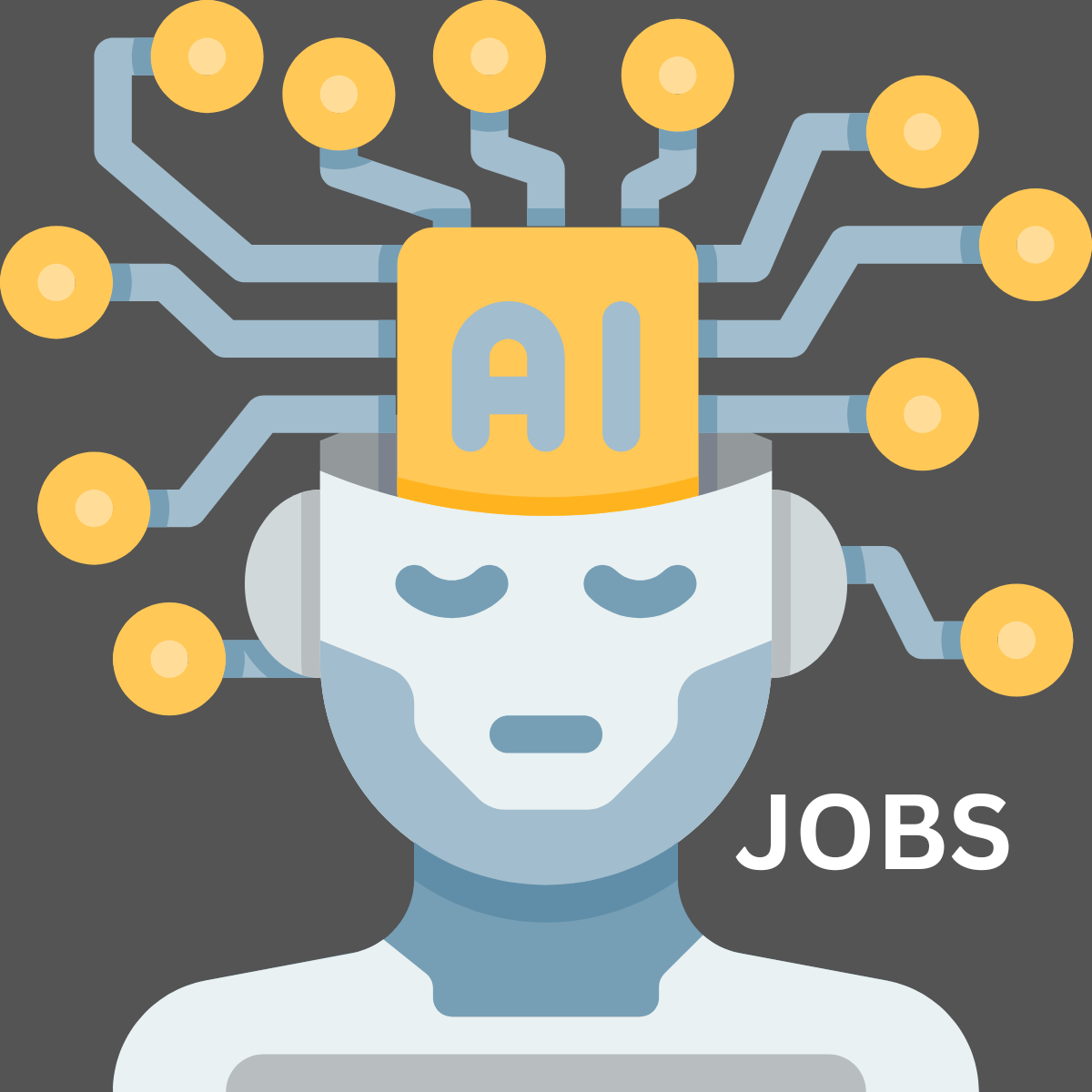The world of artificial intelligence (AI) engineering is brimming with excitement and endless possibilities. From self-driving cars to virtual assistants, AI is revolutionizing industries and transforming our daily lives. If you’ve ever wondered what it takes to become an AI engineer, this article is your comprehensive guide to embarking on an AI journey that could shape the future. So, let’s dive in and explore the path to becoming an AI engineer this year.

Understanding the Role of an AI Engineer
An AI engineer is a skilled professional who specializes in utilizing deep learning, neural networks, and machine learning algorithms to develop AI systems. These intelligent machines interact with humans, learn from data, and adapt to changes in their environment. AI engineers play a pivotal role in various industries, including business, healthcare, finance, travel, and transportation, by building AI solutions that enhance efficiency and performance. Through their expertise, AI engineers contribute to technological advancements and improve the way we work and live.

Skills and Educational Requirements for AI Engineers
To embark on a career as an AI engineer, certain skills and educational qualifications are necessary. Let’s break them down in a simple and easy-to-understand manner:
Technical Skills
Educational Qualification: A strong foundation in Physics, Chemistry, and Mathematics during school provides an excellent starting point. At the graduation level, proficiency in programming and math or statistics is essential.
Programming Languages: AI engineers should possess skills in programming languages such as R, Python, Java, and C++. Familiarity with relevant packages and libraries is also crucial.
Mathematics and Statistics: A solid understanding of linear algebra, statistics, calculus, and probability is vital for machine learning. Experience in developing models, statistically validating them, and ensuring efficiency is important.
Applied Mathematics and Algorithms: Clear comprehension and practical application of algorithms and applied mathematics, including quadratic programming, Lagrange, gradient descent, convex optimization, and partial differential equations, are necessary.
Tools: AI engineers utilize big data tools like Hadoop, MongoDB, Apache Spark, and frameworks such as TensorFlow, PyTorch, and Keras. They also work with AI models like Hidden Markov, linear discriminant analysis, Naive Bayes, and Gaussian mixture models. Knowledge of natural language processing and neural networks is important.
Non-Technical Skills
- Critical thinking, problem-solving, leadership, and decision-making skills are applied daily.
- Creativity, collaboration, and business knowledge are desirable.
- Effective communication, presentation, and prototyping abilities are valuable for conveying ideas and demonstrating expertise.
By acquiring these skills and qualifications, aspiring AI engineers can excel in the field and contribute to advancements in artificial intelligence.
Steps to Become an AI Engineer
Here are some simple steps you can follow to embark on your journey towards becoming an AI engineer:
- Acquiring the necessary educational background: If you’re still in school, focus on subjects like Physics, Chemistry, and Mathematics. A bachelor’s degree in computer applications, programming, or a related field is necessary, while a master’s degree and certifications are optional. College students should also seek relevant skills and experience in the field to bolster their chances of success.
- Gaining hands-on experience with AI tools and frameworks: Look for internships and small projects that provide opportunities to gain practical experience in the field. Explore online platforms that offer internships and build your portfolio.
- Building a strong foundation in mathematics and statistics: Master key mathematical and statistical concepts such as matrix operations, hypothesis testing, regression analysis, and eigen decomposition.
- Exploring machine learning and deep learning concepts: Delve into machine learning algorithms and deep learning techniques, which are core requirements in AI engineering. Seek out projects or assist professors to gain hands-on experience and skills.
- Participating in AI projects and competitions: Engage in AI projects under the guidance of professors, machine learning engineers, and AI professionals. Participate in competitions and develop creative ideas to enhance your skills and gain valuable experience. Attend conferences and seminars led by renowned experts to stay updated with the latest advancements.
- Pursuing specialized AI certifications: Consider enrolling in specialized AI courses and certifications offered by top universities and online platforms. Learn from world-class educators and AI engineers, who will provide insights into real-life problems and mentorship opportunities.
Job Roles and Responsibilities of an AI Engineer
As an AI engineer, your job roles and responsibilities may include:
- Developing innovative AI models and creating APIs from machine learning models.
- Establishing AI products and services.
- Automating data-related tasks for the data science team.
- Developing infrastructure for data feeding and transformation.
- Analyzing and interpreting statistical outputs to benefit projects and companies.
- Participating in robotics development and training and modifying systems.
- Conducting machine learning, deep learning, and AI experiments and optimizing the process.
Industries Leveraging AI Technology
AI technology finds proficient applications in various sectors, including manufacturing, e-commerce, entertainment, food, healthcare, gaming, and retail. AI simplifies tasks and enables access to spaces that were previously impossible to reach.
Salary Prospects
AI engineers can enter the field with a strong knowledge base and demonstrated skills, earning an average annual salary of around INR 5 lakhs. Highly experienced individuals can expect salaries of around INR 20 lakhs per year in India. On average, AI engineers can anticipate an annual salary of INR 9 lakhs. Additional cash compensation opportunities may also be available, with an average of INR 98,885. Growth opportunities are abundant in multinational companies, especially in projects like sentient AI developed by Google.
Frequently Asked Questions
Q1. Is AI engineering a good career choice?
Ans. Yes, AI engineering is an excellent career choice. The demand for AI professionals is rapidly growing across industries, and AI technology is being integrated into various applications. This offers ample opportunities for AI engineers to work on cutting-edge projects, solve complex problems, and make significant contributions to advancements in the field.
Q2. What is the salary of an AI engineer?
Ans. The salary of an AI engineer can vary based on factors such as experience, location, industry, and company size. Generally, AI engineers receive competitive salaries that reflect the high demand and specialized skills required for the role. Salaries can range from entry-level positions starting around $80,000 per year to experienced AI engineers earning six-figure salaries or more.
Q3. Is studying AI engineering challenging?
Ans. AI engineering can be challenging to study due to its multidisciplinary nature, which combines concepts from computer science, mathematics, statistics, and domain-specific knowledge. It requires a solid foundation in programming, algorithms, machine learning, and deep learning. However, with dedication, a structured learning path, and practice, it is possible to grasp the necessary skills and become proficient in AI engineering.
Conclusion
Becoming an AI engineer requires a combination of technical skills, educational qualifications, and practical experience. By acquiring a strong foundation in mathematics, programming, and AI tools, and participating in real-world projects and competitions, you can position yourself for success in this rapidly evolving field. With the demand for AI professionals on the rise and opportunities for innovation abundant, embarking on a career as an AI engineer promises an exciting and rewarding future.
Also check out Data Science related content:
Link: Data Science
Check out Youtube channel:
Link: Youtube


Good article